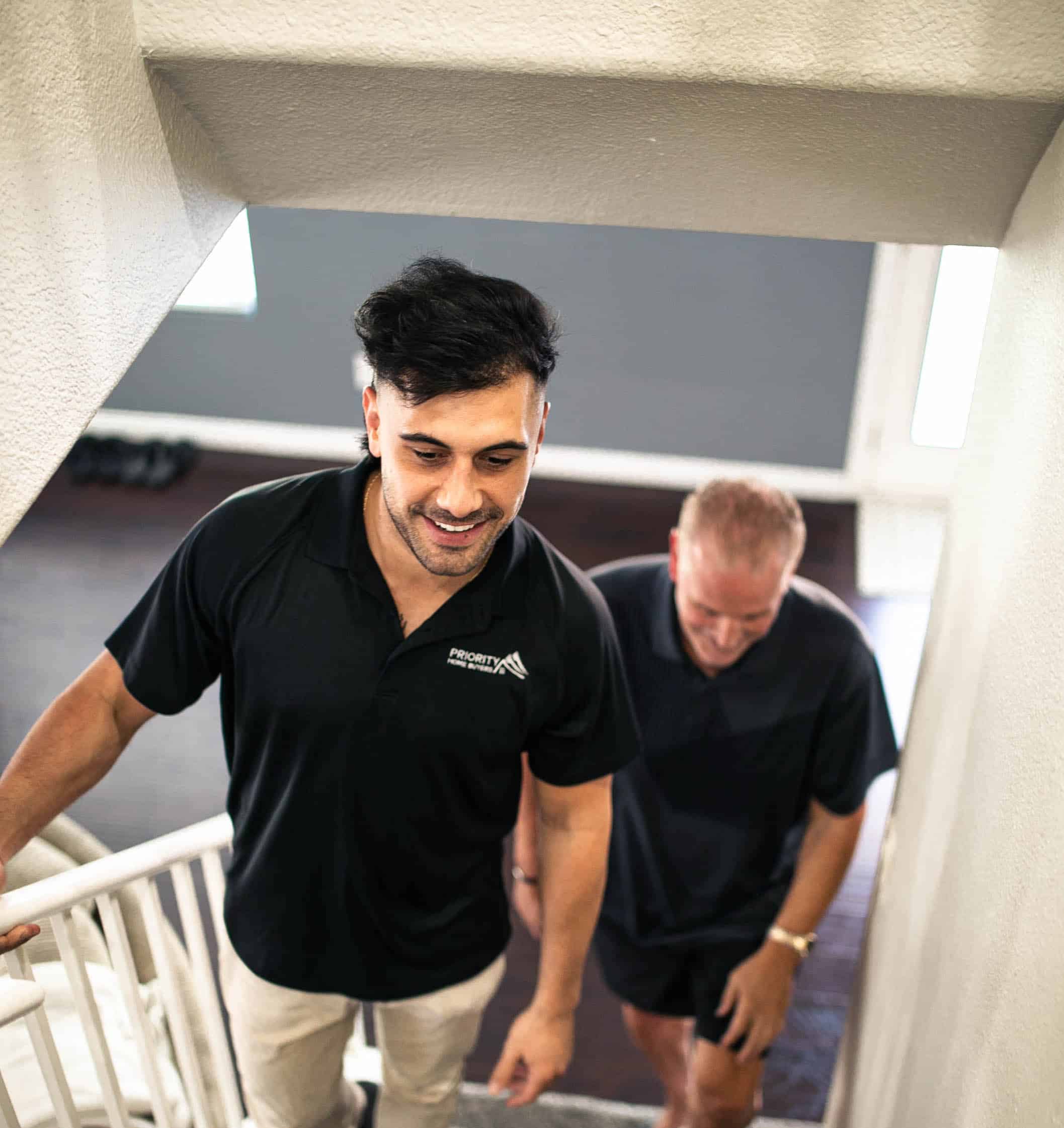Adverse Possession Laws Rhode Island
In Rhode Island, there’s this interesting legal concept called “squatters’ rights.”
It means that if someone takes over and lives in a property without the owner’s permission for a long time, like more than 20 years, they can claim that property as their own.
But it’s not that simple – there are some rules.
To be considered a squatter, you’ve got to show that you’ve been the only one using the property and that you’ve physically been there all that time.
Now, here’s the catch: even if you’re a squatter, you don’t get to say, “This is my place, and no one else can use it.” You still have to share the land or building.
So, if you’re a property owner in Rhode Island, you should know about these laws. They can help you keep your property safe from potential squatters trying to take it over.
Who Counts as a Squatter in Rhode Island?
A squatter in Rhode Island is someone who decides to live in an empty building or land without the legal permission of the owner. In other words, they don’t own it or rent it. Surprisingly, squatting happens more often than you might imagine in the United States.
Is Squatting the Same as Trespassing?
 Squatting and trespassing aren’t the same thing. Trespassing is a criminal offense while squatting is usually a civil matter. However, if the property owner makes it clear that the squatter isn’t welcome, squatting can turn into a criminal offense.
Squatting and trespassing aren’t the same thing. Trespassing is a criminal offense while squatting is usually a civil matter. However, if the property owner makes it clear that the squatter isn’t welcome, squatting can turn into a criminal offense.
Here are some important points to remember:
Squatters or trespassers might try to deceive law enforcement by showing false or fake paperwork or documents claiming they have a right to be on the property. This is illegal.
Squatters do have rights, but they have to meet specific requirements for something called “adverse possession” to actually have those rights. If they don’t meet these requirements, they can be arrested for criminal trespassing.
Squatters can be total strangers or even neighbors who are trying to gain ownership of the land.
There are exceptions to the rule. For instance:
- If a squatter improves an abandoned or empty property (by cleaning it up, planting flowers, or making other enhancements), they might be able to avoid trespassing charges.
- In a legitimate emergency, someone who enters a property without permission might not be considered a trespasser.
- The property must be unused for squatters to start the process of claiming adverse possession.
Adverse Possession Laws in Rhode Island: What Squatters Need to Know
Okay, so here’s the deal with adverse possession laws in Rhode Island. These laws give squatters a shot at claiming a property as their own, but there are some rules they’ve gotta follow.
First off, to even have a chance, a squatter has to show they’ve been living in that place for a solid ten years. No shortcuts here.
Now, here are the key requirements they need to meet:

- Hostile Possession: This sounds pretty intense, but it just means the squatter is living in the place without the owner’s permission. It could be a case where the squatter knows they’re trespassing, but it also includes situations where they didn’t even realize they were breaking the law.
- Active Possession: The squatter has to actually be living there, not just holding it as an investment or something. They don’t have to be making fancy improvements, but they need to treat it like it’s their own home.
- Open and Notorious Possession: They can’t be hiding out. If they’ve been living there secretly, they can forget about making an adverse possession claim. It has to be obvious that they’re living there, and anyone passing by would notice.
- Exclusive Possession: If there’s a bunch of squatters or they’re sharing the place with the owner, the squatter’s claim won’t fly. They’ve got to be the sole boss of the property for the entire ten-year stretch.
- Continuous Possession: This one’s super important. The squatter has to prove they’ve been there consistently for the full ten years. No gaps allowed.
So, the deal is, ten years is a pretty long time, which makes it tough for squatters to assert their rights in Rhode Island. It’s not a quick and easy process, that’s for sure.

Does Rhode Island Honor Color OF Title Claims?
Rhode Island’s Color of Title Law allows people without official property documents to potentially claim rights. This practice, known as “squatting,” requires living on the property for ten years, demonstrating intent to legally own it through court, and treating it like their own by making improvements or paying taxes. Failure to meet these conditions means no rights to the property. Property owners should be aware of this law to protect their investments.
Common Incomprehension about Squatting in Rhode Island
Let’s clear up some misconceptions about adverse possession and squatting in Rhode Island.
First off, just because someone’s living on someone else’s property without permission doesn’t mean they magically own it. Nope, that’s not how it works.
And here’s another one: thinking you can camp out in a house for ages without paying rent. That’s a no-go. It’s illegal and could get you in trouble with the law, like getting arrested for trespassing.
Oh, and don’t believe the hype about squatters getting rights to stuff like water, sewage, or tax breaks. Nope, none of that happens unless they actually legally own the property. So, let’s bust these myths and stick to the real deal when it comes to adverse possession and squatting.
Frequently Asked Questions
Are squatters in Rhode Island required to pay property taxes?
No—it is not required for squatters to pay property taxes on a property they are staying in. However, paying the property taxes does help strengthen their adverse possession claim argument.
How long can Squatters stay in Rhode Island?
Squatters could potentially hang out in an empty Rhode Island place for a long, long time. To make an adverse possession claim, they’ve got to be there for a solid ten years. Now, they don’t have to pay property taxes or spruce the place up, but doing so does make their case stronger.




